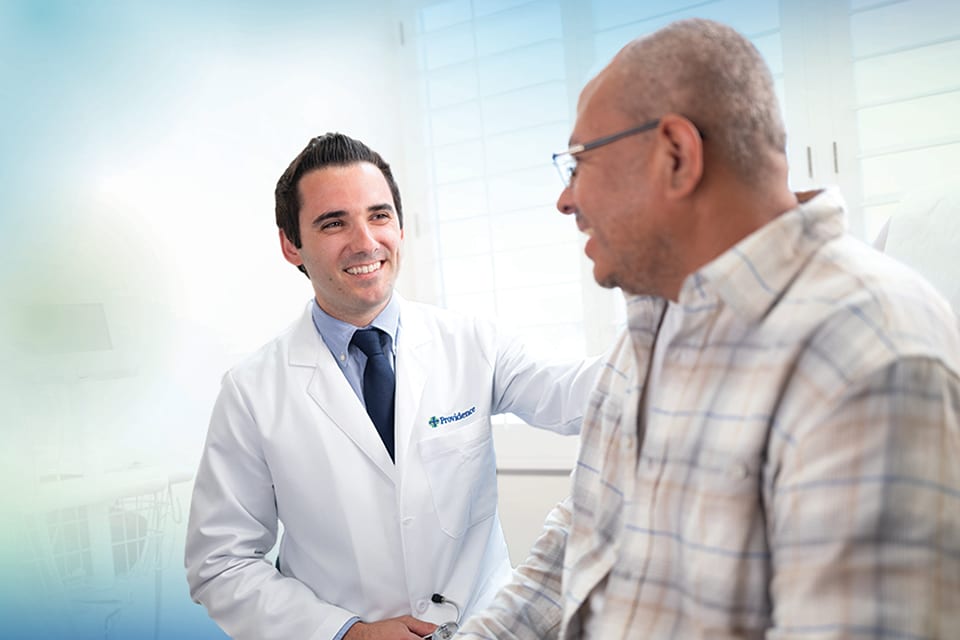The fight against breast cancer
 The statistics are alarming — breast cancer has reached epidemic proportions, affecting 1 in 8 women in the United States. Though the average age of diagnosis is 62, women under 50 have been increasingly affected over the last two decades.
The statistics are alarming — breast cancer has reached epidemic proportions, affecting 1 in 8 women in the United States. Though the average age of diagnosis is 62, women under 50 have been increasingly affected over the last two decades.
Researchers at Washington University School of Medicine have found that the rise in overall breast cancer diagnoses is primarily driven by an increase in the number of women being diagnosed with estrogen-receptor positive tumors.
While researchers continue to investigate why estrogen fuels cancerous growths, one fact remains clear: Early detection is crucial in the fight against breast cancer.
Annual mammograms, self-examinations and regular breast screenings are the most powerful tools for early detection and positive prognosis. Women diagnosed with Stage 1 breast cancer have a five-year survival rate of 98 percent. However, the same survival rate decreases to just 25 percent for those diagnosed after the cancer has spread.
Providence experts recommend scheduling your mammogram around the same time, and at the same location, each year. That way, it’s easier for you to remember to schedule your screening, and your doctor can easily compare imaging and spot any changes from previous scans. You can also request to have past images sent to your provider — or bring them yourself — so that they can be referenced if you ever change providers or imaging locations.
You can also reduce your risk of breast cancer by completing genetic testing. Though 85 percent of breast cancers occur in women with no family history of the disease, genetic testing can identify mutations in genes such asBRCA1 and BRCA2, which are linked to an increased risk of breast cancer. Additionally, test results can shape your preventive measures, personalized cancer management plans and treatment options.
The threat of breast cancer is real and growing. But with vigilance and a commitment to self-care, you can take proactive steps to protect your health. Contact a Providence physician to schedule your mammogram — and encourage your loved ones to do the same.

